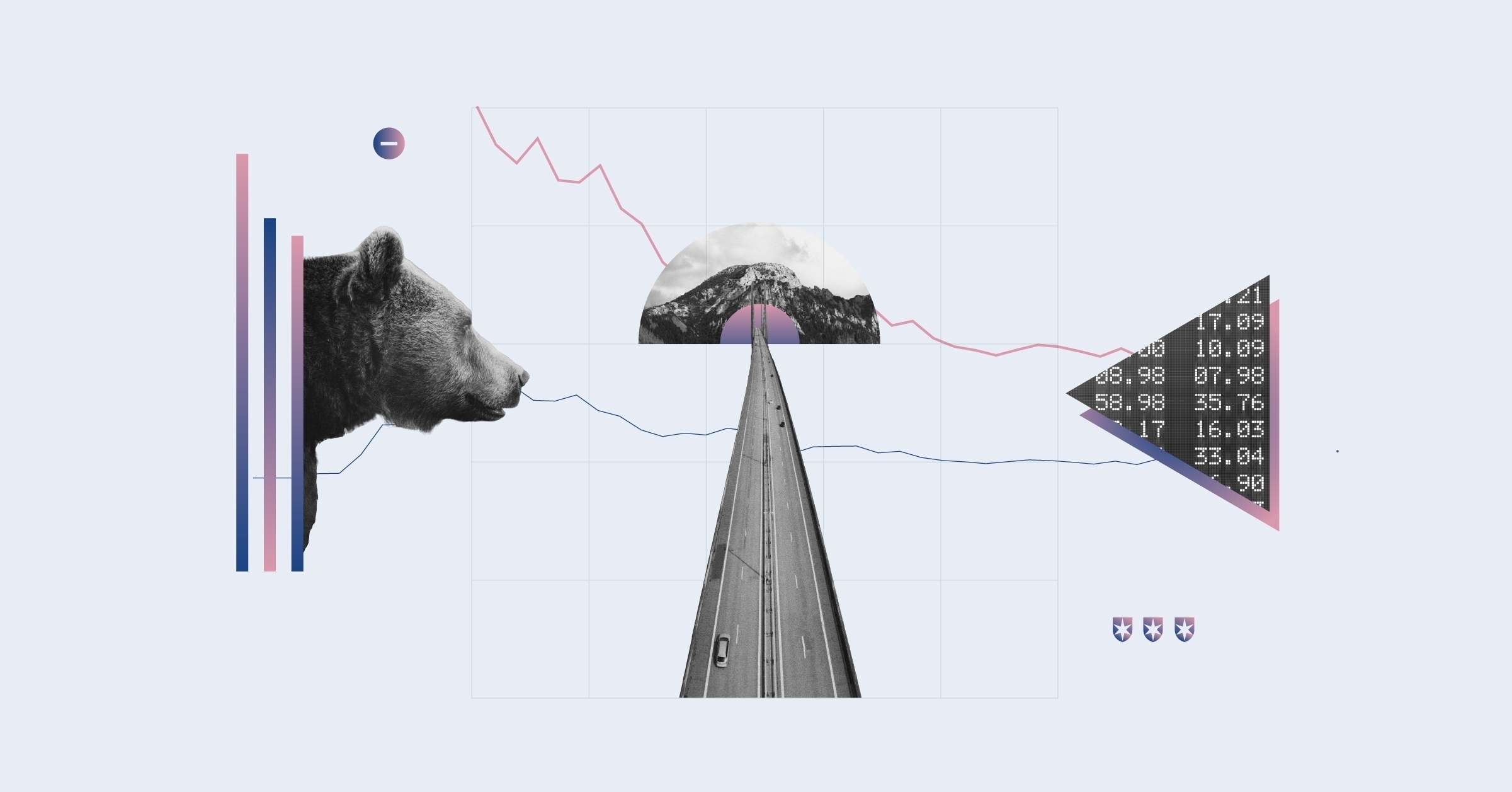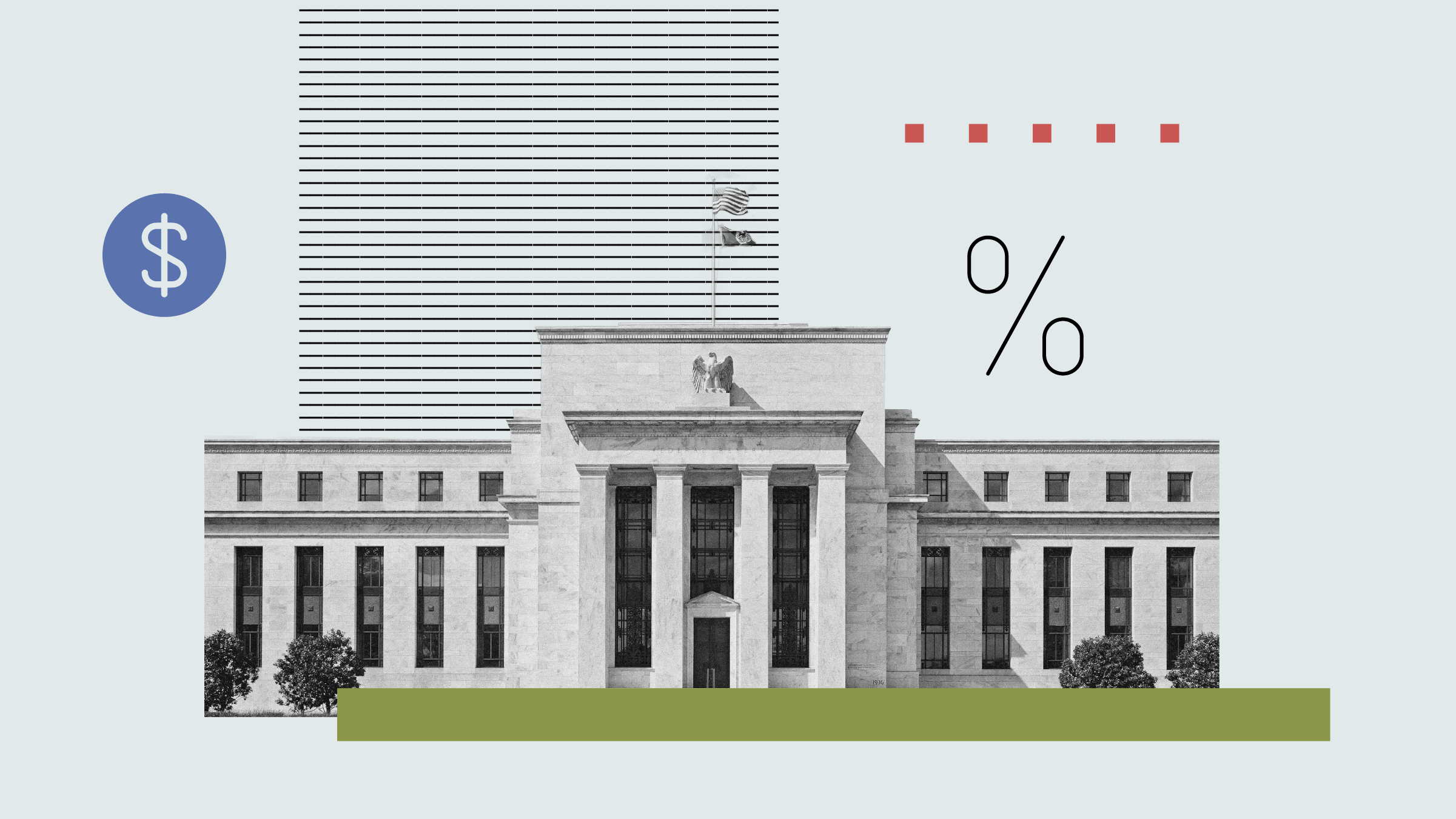Holly Black: Welcome to Morningstar. I'm Holly Black with me is Joachim Kotze, he's an analyst at Morningstar. Hello.
Joachim Kotze: Hey, Holly, how are you?
Black: I'm good. So, you've had a busy time looking at Rolls-Royce. There's been a lot happening with this company lately and it recently announced a capital raise. Do you want to just catch us up on what's going on?
Kotze: Yeah, Holly, as you know, with many of the planes grounded and air traffic down by more than 50% compared to pre-pandemic levels, lot of the airline customers are either deferring or cancelling orders for new aircraft. To match this lower demand environment Boeing and Airbus have both dramatically cut their production schedules, which reduces demand for Rolls-Royce's widebody aircraft engines. As a result, recently Rolls-Royce, they downgraded the new engine delivery outlook to about 250 units per year from nearly 600 units previously. Also, the company doesn't expect to generate any positive free cash flow until about 2022, which is going to be a big drain on the group's liquidity and balance sheet. To address the liquidity shortfall the group announced a dilutive 10-for-3 rights issue to the tune of about £2 billion. And is looking to raise an additional £3 billion in debt.
Black: So, for investors, when a company does this, it basically reduces the number of shares they hold and the stake they have in the business. But what does the capital raise mean for the prospects of the company?
Kotze: Yeah, I mean the outlook for Rolls-Royce remains highly uncertain and it's basically tied to the timing and the magnitude of the air traffic recovery, which according to IATA, the industry body is not expected to reach 2019 levels until 2024. We do however believe that the additional liquidity that Rolls-Royce is raising buys the group some time and it will give it some breathing room to focus on right sizing the business for the current low demand environment, and also to dispose off some of the earmarked assets in a more orderly fashion, and not head into a fire sale. One must remember that Rolls-Royce still has key engine technologies which cannot be easily displaced, and you know, we believe the group should benefit over the longer term from an accelerated replacement cycle as airlines use this opportunity, when things normalize again to perhaps modernize their fleet to less or more environmentally friendly fleet.
Black: So, Rolls-Royce is one of the biggest, if not the most well-known names in this sector. People might see it as sort of a bellwether for the rest of the industry. So, what does this mean for some of its competitors?
Kotze: Yeah, it's a good question. I mean, if we look at the two main competitors in the European space under our coverage Safran, MTU Aero. They both entered the pandemic with healthy balance sheets and solid profitability, higher margins and that gives them a bit more of a cushion to weather the storm ahead. Doesn't mean that things are going to be easy, but they just have a little bit more headroom. We believe Safran, the French air engine maker offers the best risk adjusted upside. That is because they have a relatively young fleet and thus they face a lower aircraft retirement risk relative to peers. The other thing is, the group also expects to remain cash flow positive for the full year, which is quite a feat given the current circumstances. The other competitor MTU I think they've got an opportunity to continue to take market share in the MRO, which is the maintenance space by deploying their low-cost operations, and superior engineering expertise, but their upside leaves little room for disappointments. And lastly, if you just circle back to Rolls-Royce you think despite the value and the share price that is down so much, I think that the company still has too many internal execution risks and a lot of external market uncertainties and we would suggest that investors take a wait and see approach for things to get a little bit better before committing to the stock.
Black: Joachim, thank you so much for your time. For Morningstar I'm Holly Black.




























